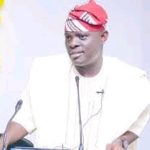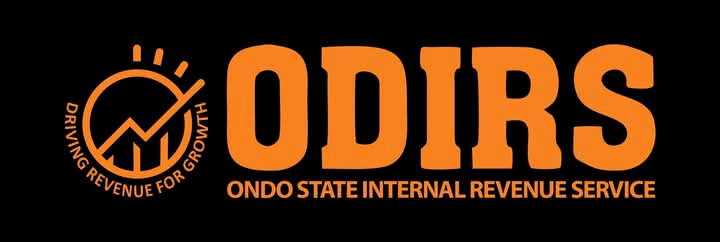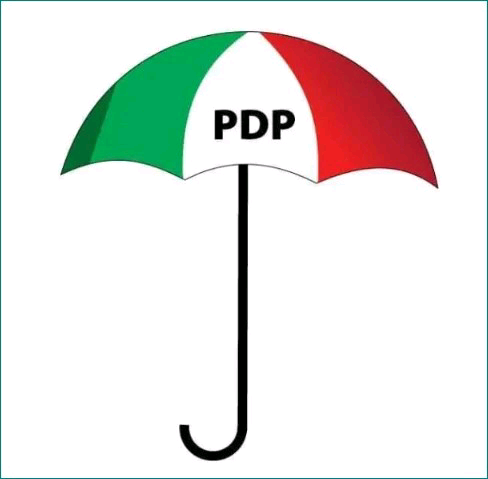The Presidency has taken issue with the International Monetary Fund’s (IMF) critical evaluation of Nigeria’s economic reforms and handling of inflation and poverty. The IMF’s report, titled ‘How Nigeria Can Unleash Its Economic Potential,’ expressed concerns about the country’s prolonged high inflation and the slow impact of recent reforms. It highlighted the significant economic challenges from 2014 to 2023, noting a decline in real per capita GDP, a high poverty rate, and financial strains exacerbated by factors such as a strained fuel subsidy system and central bank financing deficits.
The report acknowledged Nigeria’s efforts in implementing several bold reforms over the past two years, including liberalizing the foreign exchange market, stopping central bank funding of fiscal deficits, and reforming fuel subsidies. Despite these advancements, the IMF stressed that considerable challenges remain, such as inflation exceeding 20 percent, poor infrastructure, high poverty and food insecurity levels, and the absence of an effective social safety net.
In response, Tope Fasua, Special Adviser to President Bola Tinubu on Economic Affairs, criticized the IMF during an appearance on Channels Television’s ‘The Morning Brief.’ Fasua argued, ‘This administration under President Tinubu has done some of the deepest reforms we have seen in a while,’ highlighting new tax laws that provide relief to low-income earners and double the tax threshold for small businesses. ‘We haven’t even allowed those measures to settle, yet we’re hearing fatalistic statements from places like the IMF,’ he lamented.
Fasua accused the IMF of being overly critical, with frequent, potentially destabilizing statements causing confusion. ‘Almost every week, there’s a statement on Nigeria… it leaves everyone in a state of confusion,’ he said, noting Nigeria’s recent repayment of a $3 billion COVID-19 loan to the IMF. He questioned the institution’s pressures: ‘We’re not asking for a pat on the back, just give us a breather to implement policies.’
Fasua also warned that the IMF’s approach could incite public opposition against the government. ‘Give us a break; let us know where we are going before throwing us off track,’ he implored. Additionally, he pointed out discrepancies in the IMF’s dual advisory and lending roles, stating, ‘Sometimes the advice clashes with their lending stance. We don’t know which to believe anymore.’
Asserting Nigeria’s progress, Fasua countered the IMF’s call for further tough reforms. ‘They want us to keep raising interest rates, but rates are now stabilizing,’ he explained, highlighting that inflation had decreased over the preceding three months and was likely to fall further. ‘Inflation won’t drop to single digits in a quarter; that’s unrealistic,’ he maintained.
Fasua emphasized the necessity for Nigeria to build its data collection capacity: ‘We should invest in collecting our own data and stop depending solely on BrettonWoods institutions,’ concluding with a call for economic independence and credibility.
#NigeriaEconomy, #IMF, #EconomicReforms, #Inflation
#asebetv










